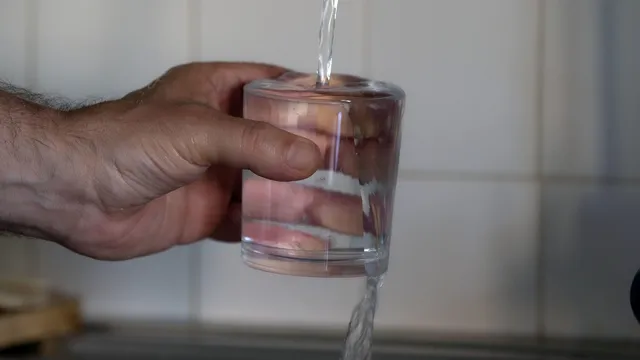A new study has revealed that people who drink less than 1.5 liters of water per day can produce significantly higher levels of cortisol, a hormone associated with stress.
The results, published in Applied Psychology, show that chronic dehydration can intensify the body's response to stressful situations.
Researchers at Liverpool John Moores University observed two groups of young adults for a week: one consumed less than 1.5 liters of fluids per day, while the other adhered to recommended hydration levels. Both groups were then subjected to stress tests involving public speaking and mental arithmetic. Although the participants reported similar levels of anxiety, those who drank less water had up to 50% higher cortisol spikes.
The researchers explained that dehydration stimulates vasopressin, a hormone that conserves water but also activates brain pathways associated with stress. Elevated cortisol levels over time are associated with cardiovascular disease, diabetes, kidney problems, and depression, raising concerns about the long-term effects of insufficient hydration.
Interestingly, the dehydrated group did not report feeling thirstier. Instead, urine analysis confirmed the condition—the darker color signaled a lack of fluids. Experts warn that thirst is not always a reliable indicator of hydration, while urine color provides a clearer measure.
Health professionals insist that while drinking water is not a cure for stress, maintaining adequate hydration offers an easy and affordable way to maintain resilience. Unlike therapies or lifestyle programs that require significant resources, drinking enough water is an immediate and inexpensive way to cope with daily stress.
The study highlights hydration as a vital but often overlooked factor in physical and mental health. In combination with rest, exercise, nutrition, and social well-being, water intake should be recognized as a simple but powerful factor in coping with stress and long-term health. | BGNES

 Breaking news
Breaking news
 Europe
Europe
 Bulgaria
Bulgaria







